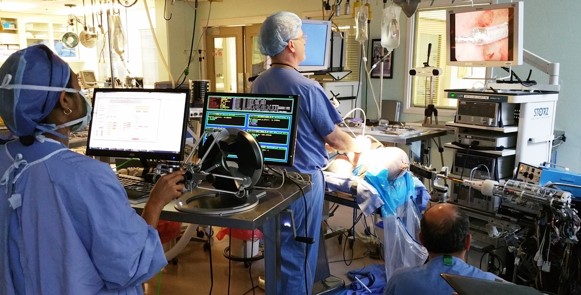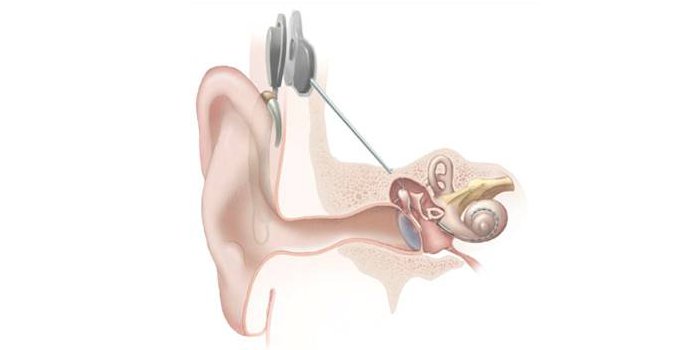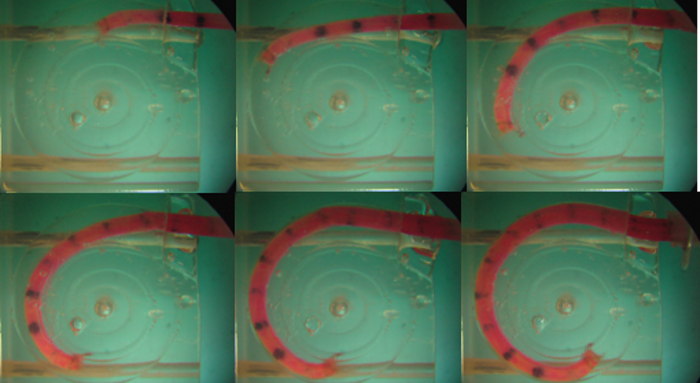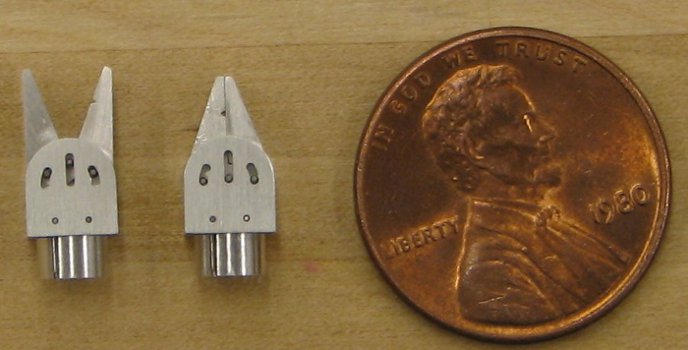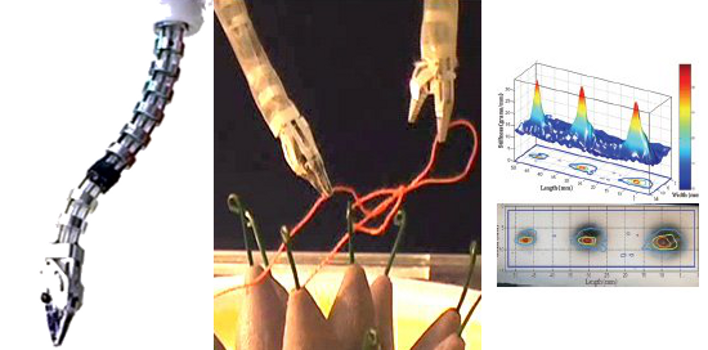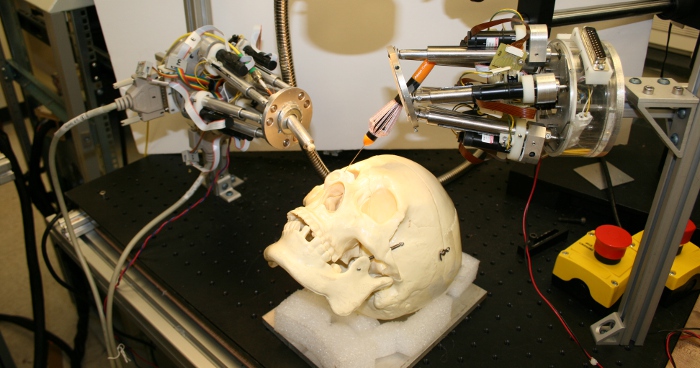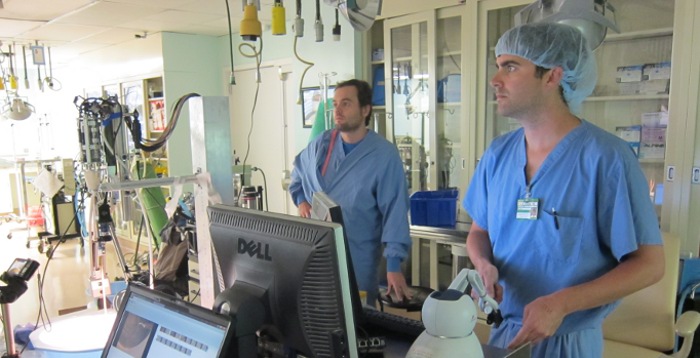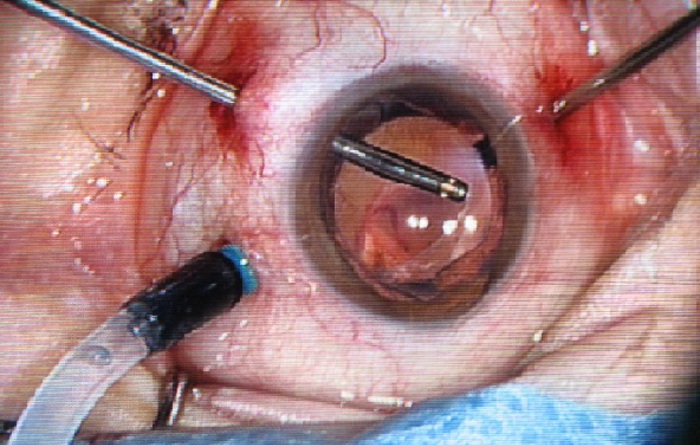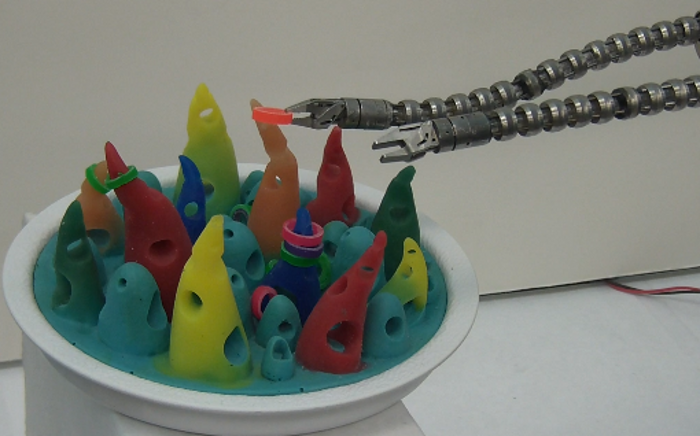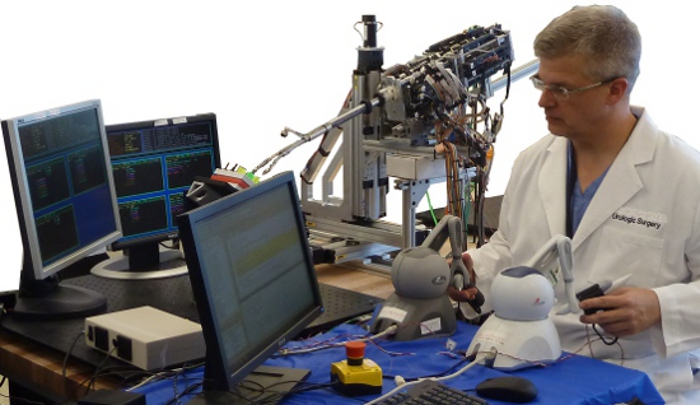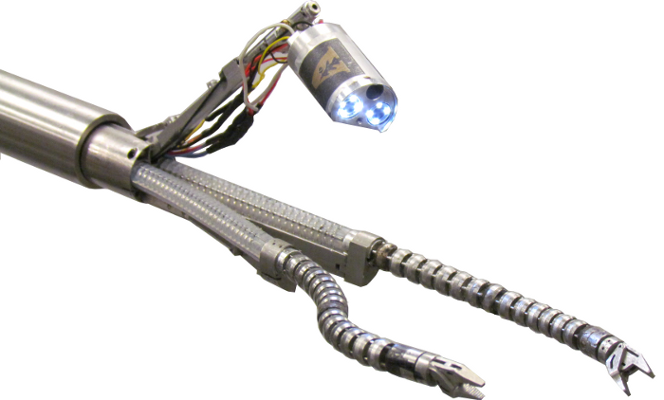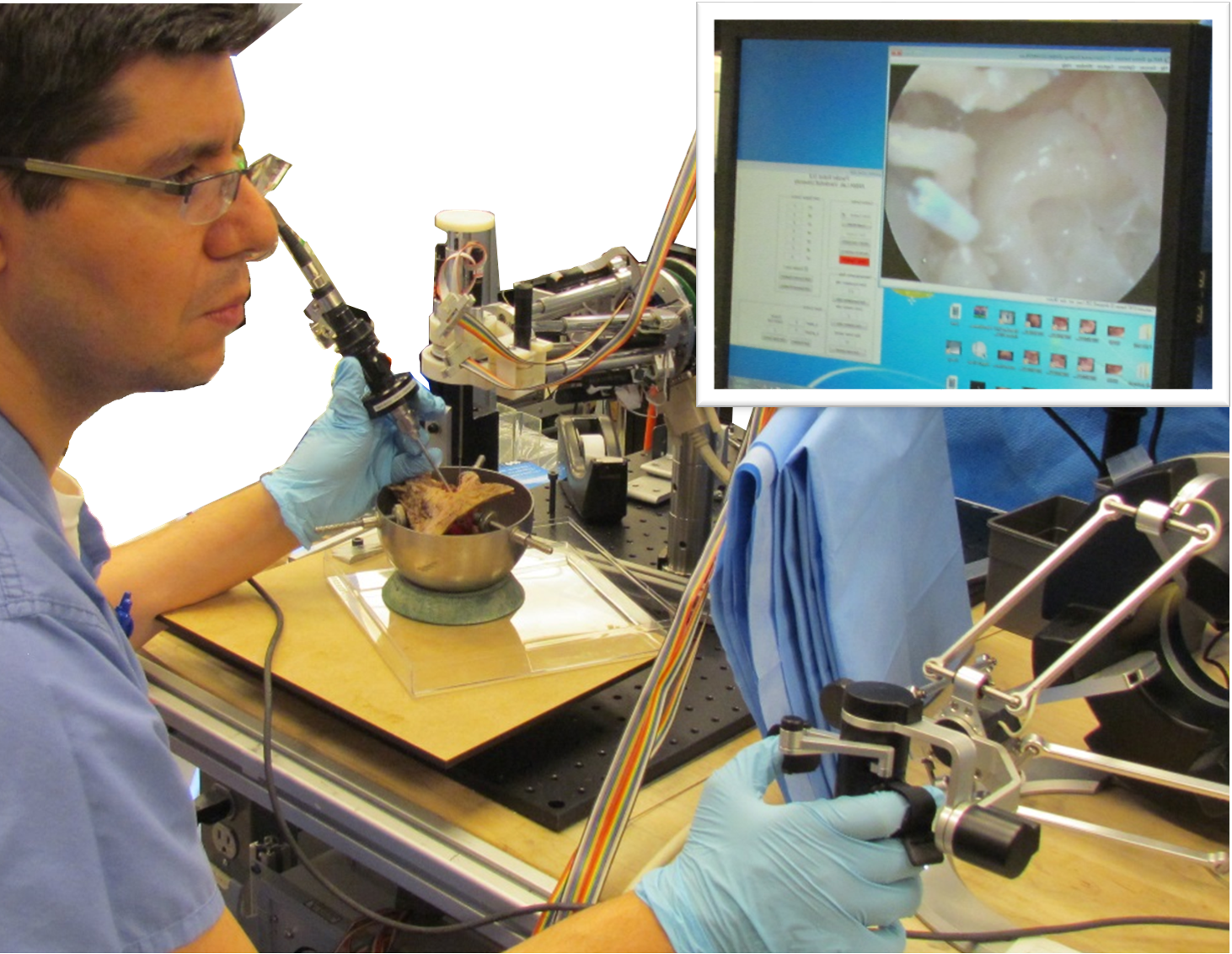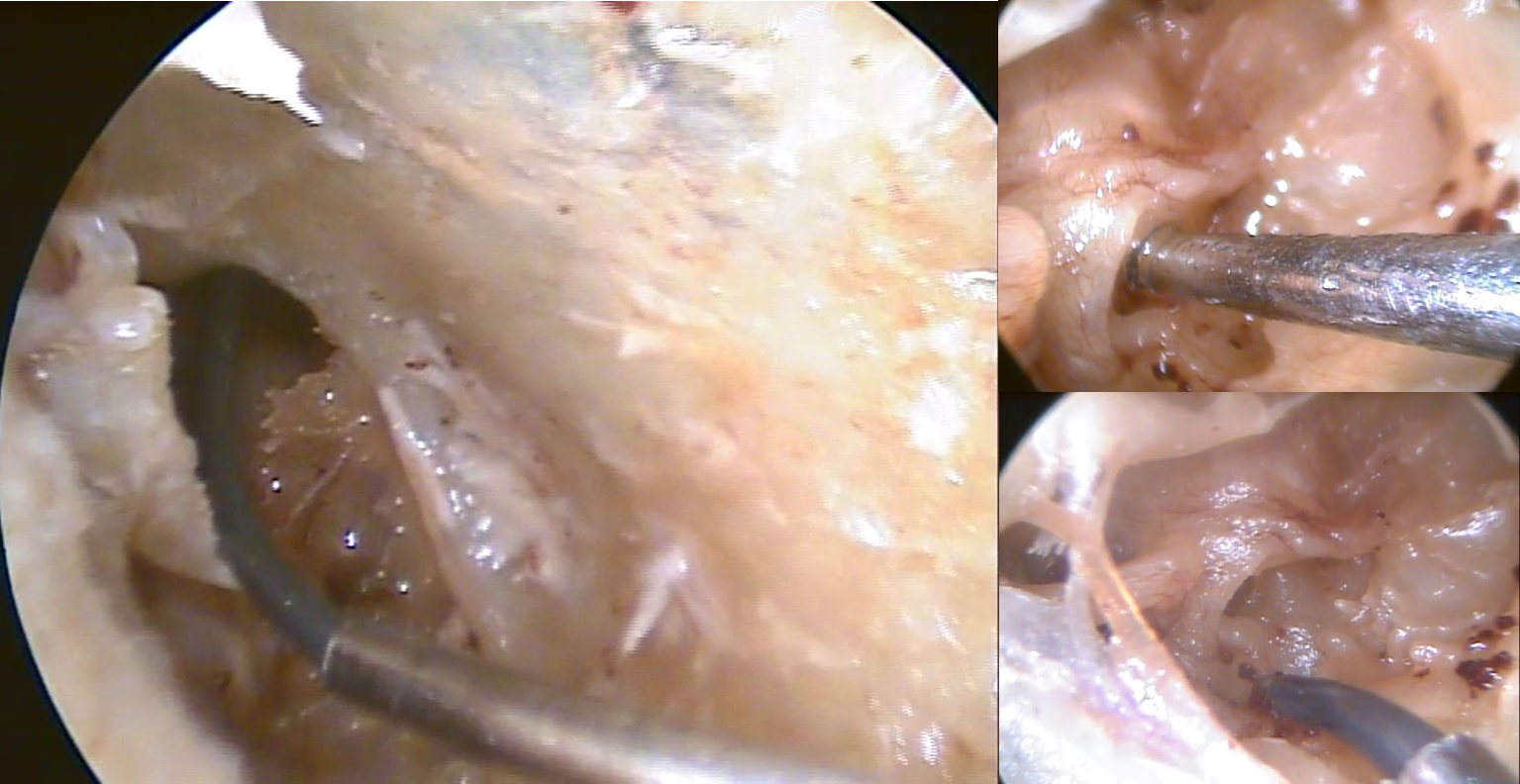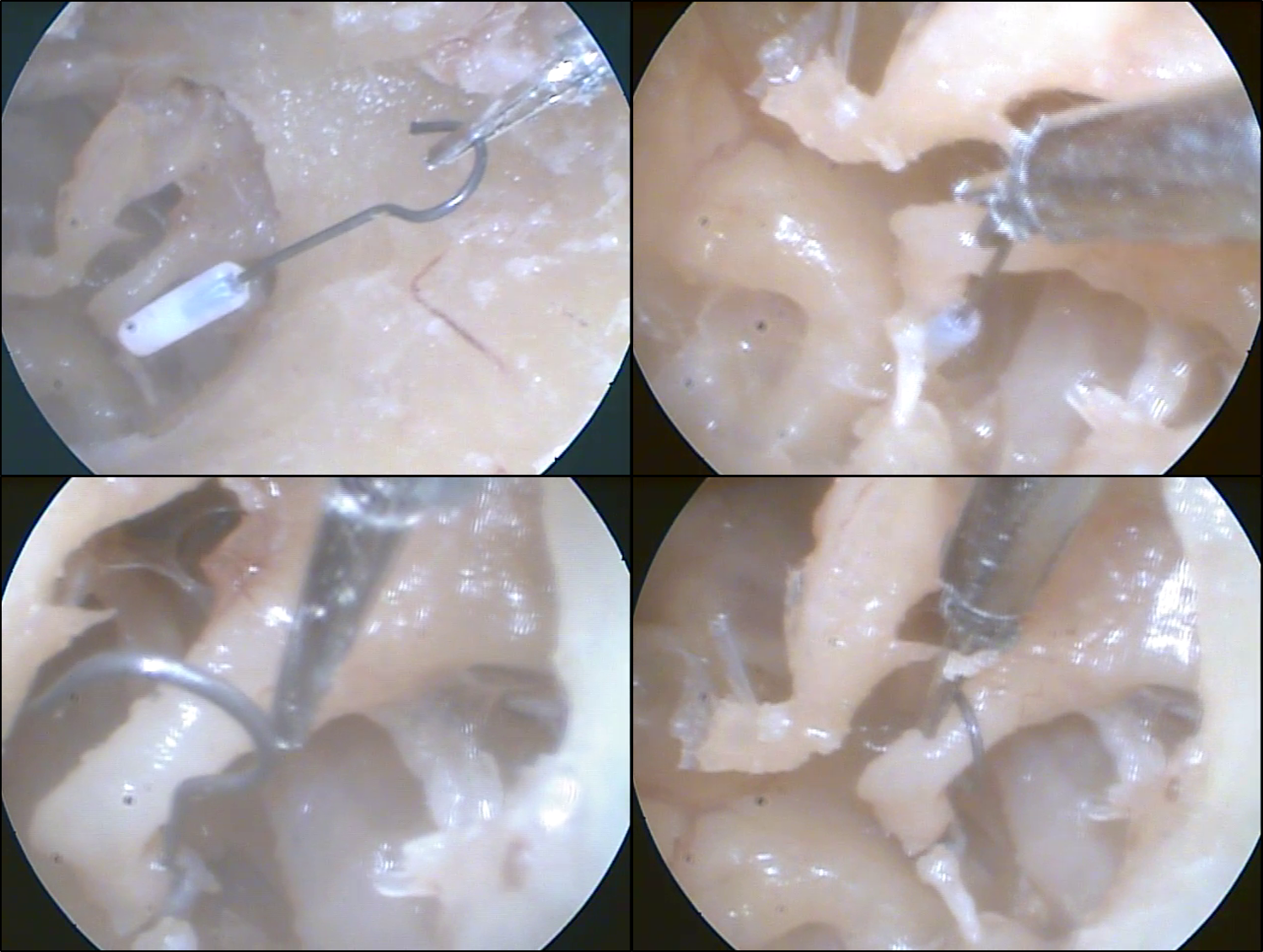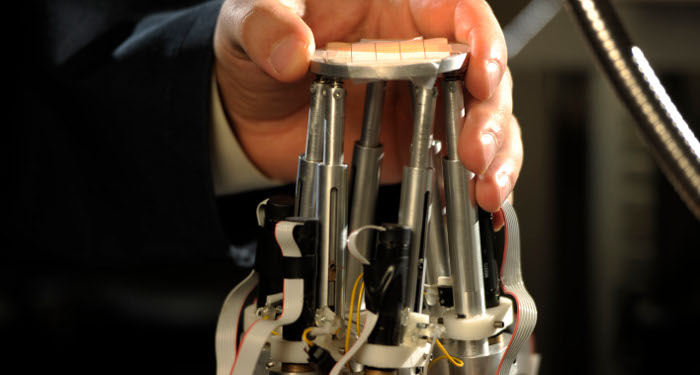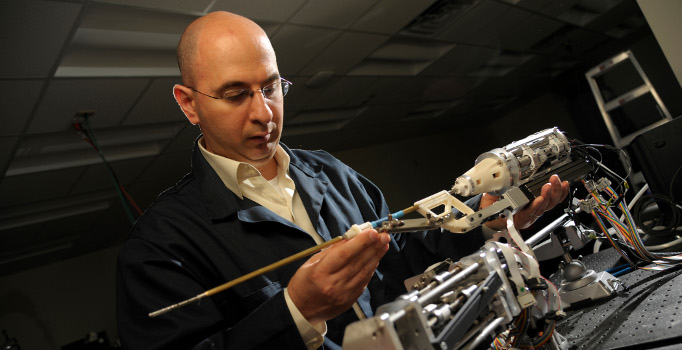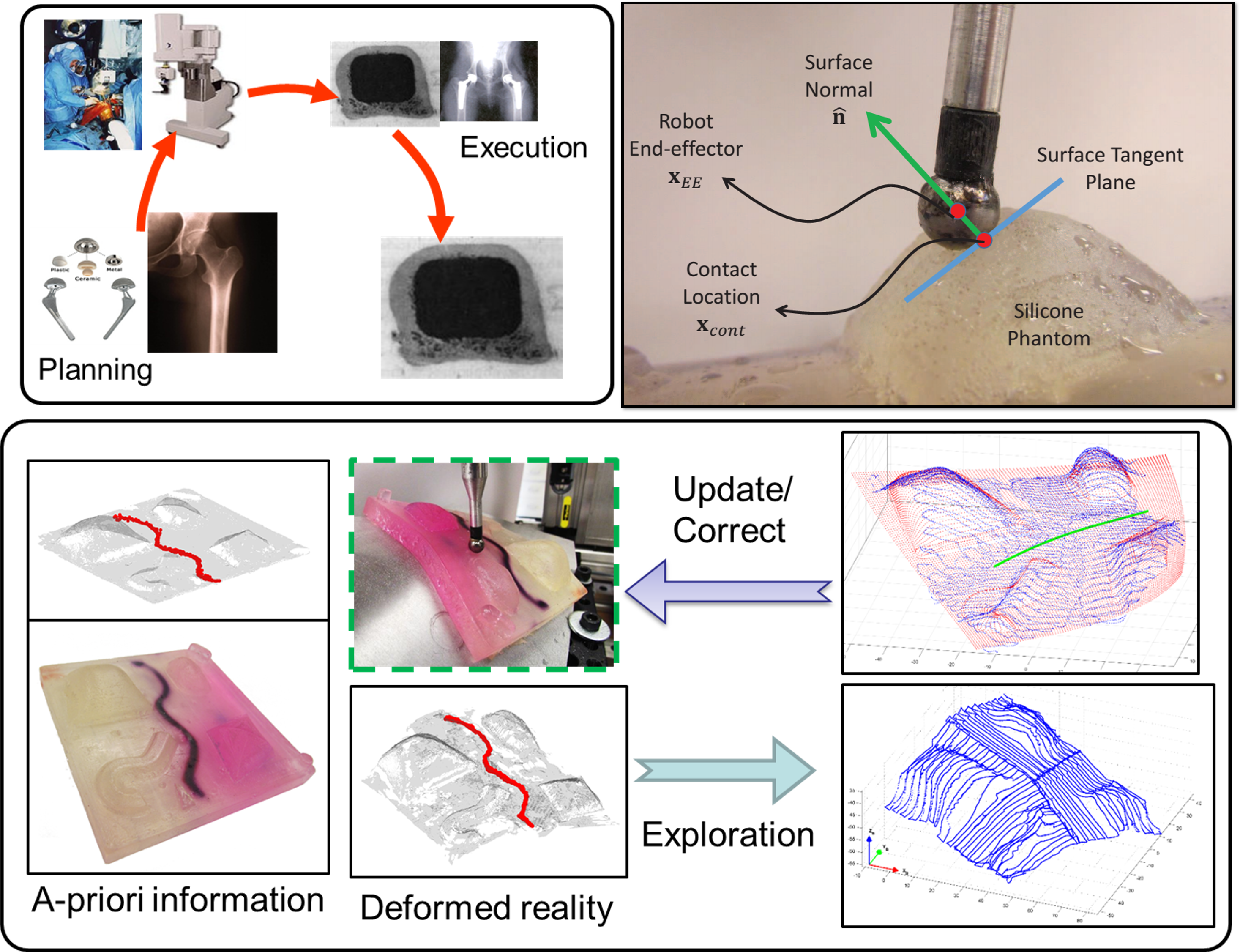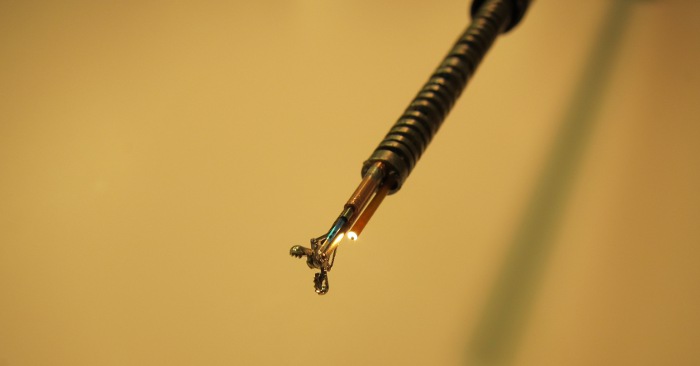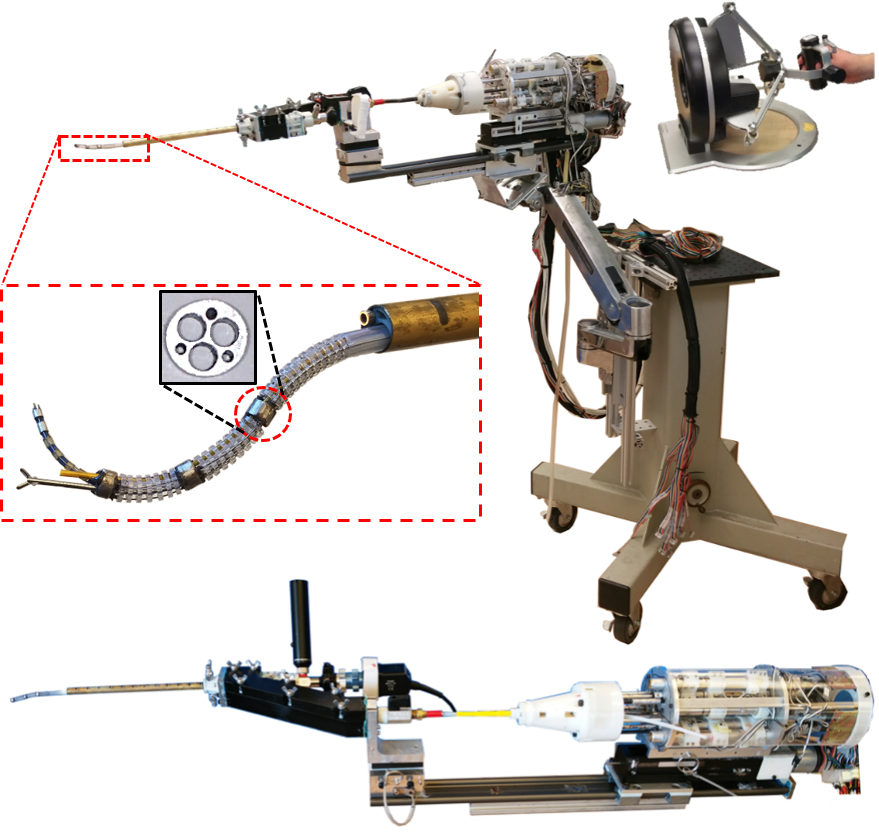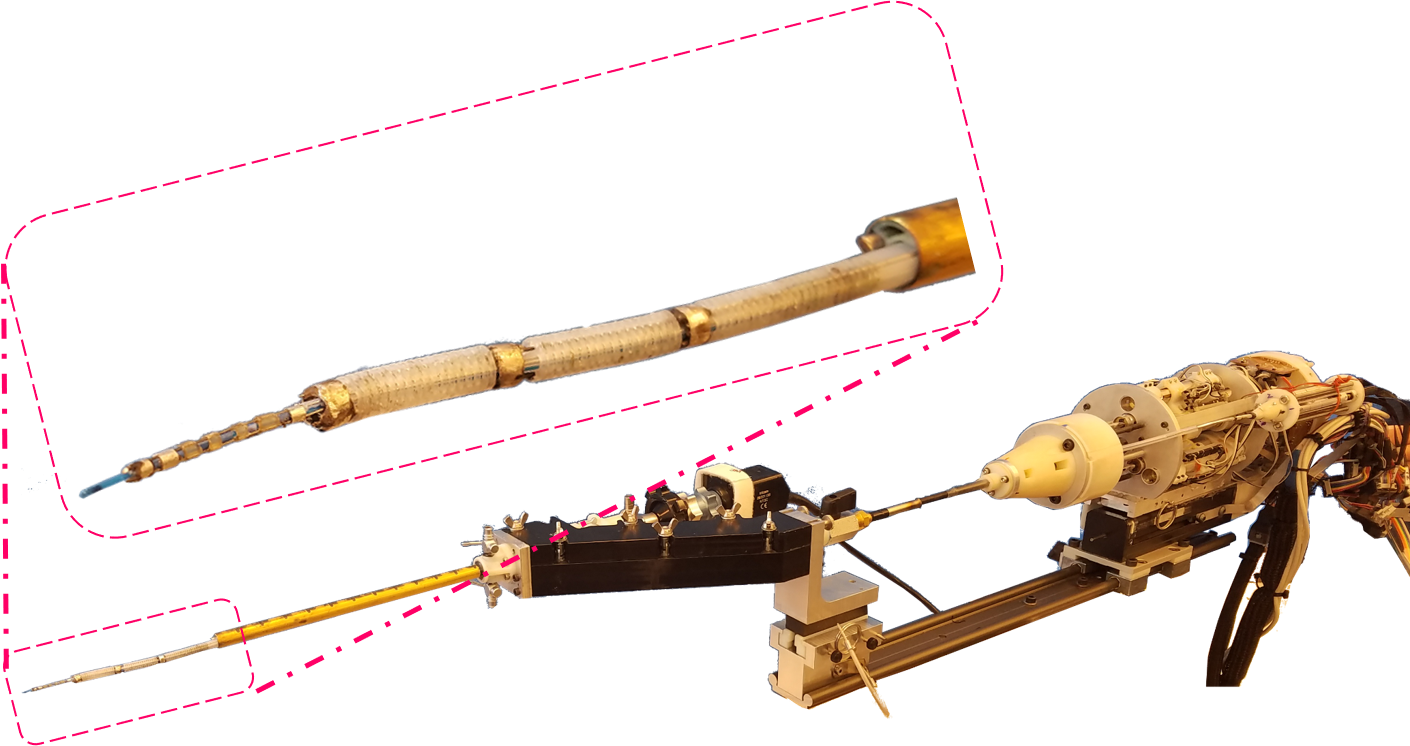Instructor: N. Simaan
Prerequisites: Linear algebra, Recommended: Mechanics of Machines, Introduction to robotics;
Description:
This course is for Senior undergraduate and for Graduate students interested in an introductory level course to medical robotics. This new course presents a unique opportunity for students to learn and apply a wide array of design and analysis skills specifically focused on the design of surgical instruments and on the integration of new tools and robots in the surgical workflow.
Course Registration numbers:
This course has two registration numbers:
Undergraduate students should register for ME210.02 "special topics".
Graduate students should register for ME392.02 "special topics".
Topics to be covered (time permitting)
- Medical robotics: survey of applications and historical perspective
- Mechanical robotic architectures for surgical assistance
- Classification of tools and robots and examples of applications
- Considerations of material selection and sterilization of instruments
- Standards of sterilization and the process of new device approval
- Guidelines for material selection and fabrication processes for medical instruments
- Imaging modalities and instrument compatibility
- Survey of mechanisms used in the design of surgical instruments including analysis case studies
- Introduction to mechanism synthesis with applications for grasping, stapling, and stitching/suturing
- Static balancing of mechanisms and applications for surgery
- Design guidelines and analysis of coupling in wire-actuated instruments
- Introduction to rigid body screw motion
- Rigid registration methods
- Iterative closest point algorithm for registration
- Undergraduate design projects will include survey of application and design of surgical instruments and robotic devices.
- Graduate design projects will focus on specific tool design optimization and registration
Course Requirements
The course will have a midterm and a final project. The grading will be based on bi-weekly assignments, class participation, 1 term project and a project presentations. Graduate students will also be assigned research projects with expanded scope and depth.
Who should take this course
Graduate and undergraduate seniors interested in an introduction to the new field of medical robotics


